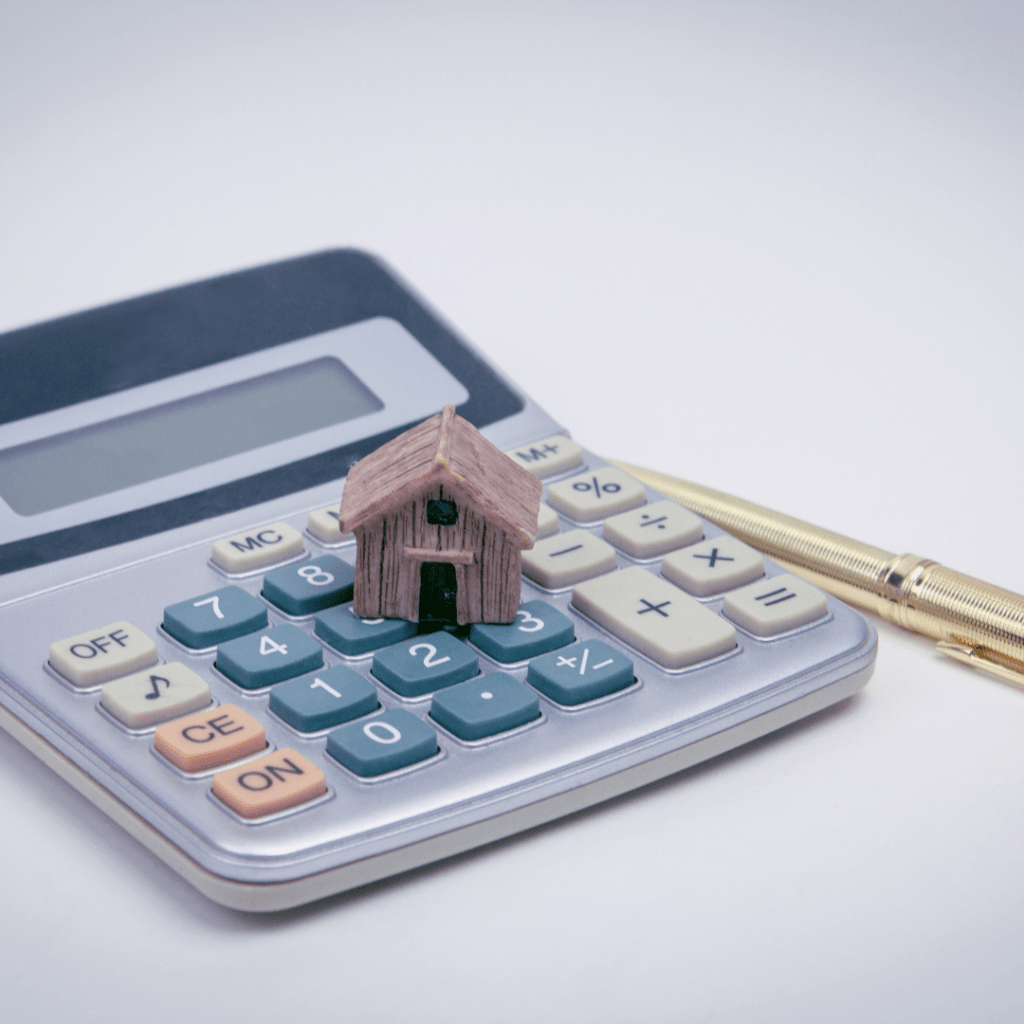You go house hunting, you find the perfect home, it seems within budget, you calculate the mortgage repayment costs, and you’re set! Only you’re not. One of the most common surprises for buyers, especially first timers, is how quickly the additional costs add up.
What are these additional costs? This is where it can get complicated – most of the costs are fees for the army of people it takes to process the sale, and others are administrative costs required by the government.
Here is a breakdown of what you can expect to add on to the price of your house:
- Down Payment
- While it is unusual to get a 100% mortgage, there are still a few lenders who may provide this option.
- In most cases, a down payment is required to secure the mortgage, and this is typically a percentage of the house price ranging between 5-25%
- A higher down payment means lower monthly repayments.
- If you are able to place a 20% down payment then you avoid an additional Mortgage Insurance Fee.
- Mortgage Processing Fee
- This fee covers the lender’s appraisal and application fees – it may also cover the lender’s insurance costs if required.
- Typical processing fees amount to approximately $350, but vary.
- Home Inspection
- This is typically completed prior to closing the sale, but can take place afterwards.
- A home inspection is sometimes required to ensure compliance for insurance purposes, but even if not required it can save you from unexpected problems down the road.
- Although the cost varies, expect to budget around $500 for this service.
- Legal Fees
- Aside from the down payment, legal fees make up the bulk of closing costs due to the number of services required by lawyers.
- Fees may include title searches, mortgage registration, title insurance, deed registration, office expenses and all other administrative services.
- Depending on the amount of services required, these fees can be approximately 1.5% of the house purchase price.
- Taxes
- Land transfer tax varies based on the purchase price, and location of the property.
- Insurance
- You will need to inform your insurance agency about your new purchase, and their costs will vary depending on the extent of insurance coverage you require, the size and age of the home, location, and other factors.
- Moving Costs
- Always a last thought, but moving your personal items and furniture is an important consideration. The best moving companies are popular and tend to be booked in advance – make sure you are not left standing on the sidewalk with no one to help you!
The generally accepted rule is that you should budget between 1.5-2% of the total cost of the house for these additional costs. That means at least an additional $15,000 on a home of $1,000,000. It’s important to work with a reputable mortgage advisor and a realtor, so that you can plan accordingly and avoid financial mistakes that may leave you high and dry. Knowing that you can afford to buy a home is a fantastic feeling, but being left broke because of the closing costs is no one’s idea of a dream transaction.
Send me a message if you have any questions about the home buying process.
